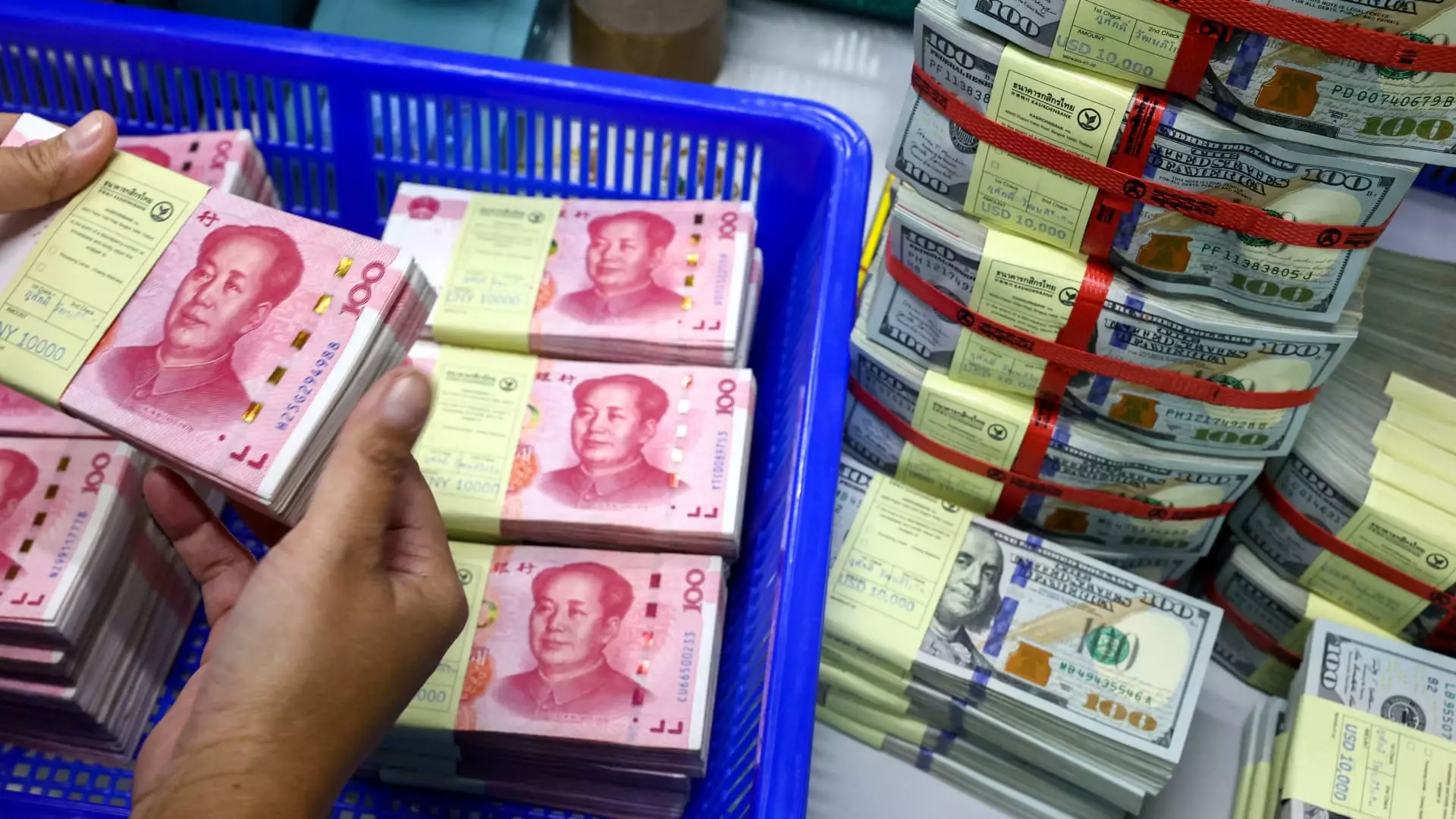In a panel discussion at the World Economic Forum’s “Summer Davos” meeting in Dalian, China, Bonnie Chan, CEO of Hong Kong Exchanges and Clearing Limited, emphasized the need for the Chinese yuan to have more “applications” such as for stocks and bonds in order to increase its global usage. With the U.S. dollar currently dominating the international financial market, Beijing has been pushing for the internationalization of the yuan, also known as the “renminbi” or “RMB.” The recent U.S. sanctions on Russia have further highlighted the necessity for countries to have alternatives to the greenback, adding to the urgency of promoting the use of the Chinese currency.
Fred Hu, founder, chairman, and CEO of Primavera Capital, expressed his views on the difficulties China may face in the process of internationalizing the yuan. Despite being the largest trading nation, China still lacks the depth and breadth of the U.S. financial market. Additionally, the capital account in China remains closed, which poses a hindrance to the full convertibility of the yuan. These factors could potentially slow down the internationalization of the renminbi, prolonging the timeline for its widespread adoption in the global financial system.
Developing more Chinese yuan-denominated investment products requires a maturation of the local financial sector, including the cultivation of a sophisticated investor base. To achieve this, policymakers and market participants are emphasizing the importance of “patient investing,” encouraging long-term investment strategies over short-term speculation. This shift in mindset is crucial for building a stable and resilient financial market that can support the growth of the Chinese yuan as a global currency.
Jonathan Krane, the founder and CEO of KraneShares, highlighted the significance of initial public offerings (IPOs) in attracting investors to the market. He pointed out that Chinese companies seeking to tap into U.S. financial markets have faced challenges due to increased regulatory scrutiny from both Beijing and Washington, D.C. However, he remains optimistic about the future of IPOs in China, noting that the stories of innovation and progress in Chinese industries should be shared through the IPO market to attract investors.
Chinese authorities recently announced a new effort to support IPOs, particularly in Hong Kong. Chan mentioned that the Hong Kong exchange has seen a 50% increase in new listing applications compared to the second half of last year, indicating a positive trend in IPO activity. With around 110 IPOs in the pipeline, market conditions play a crucial role in ensuring successful launches and pricing for these offerings. The market awaits favorable conditions to support the growth of IPOs and further promote investment opportunities in the Chinese financial market.
Overall, the global use of the Chinese yuan presents both challenges and opportunities for China to establish its currency as a key player in the international financial market. By addressing the complexities of market integration, regulatory frameworks, and investor behavior, China can navigate the path towards the internationalization of the yuan and enhance its position in the global economy. As discussions and initiatives continue to unfold, the evolution of the Chinese currency on the world stage remains a dynamic and evolving process.

